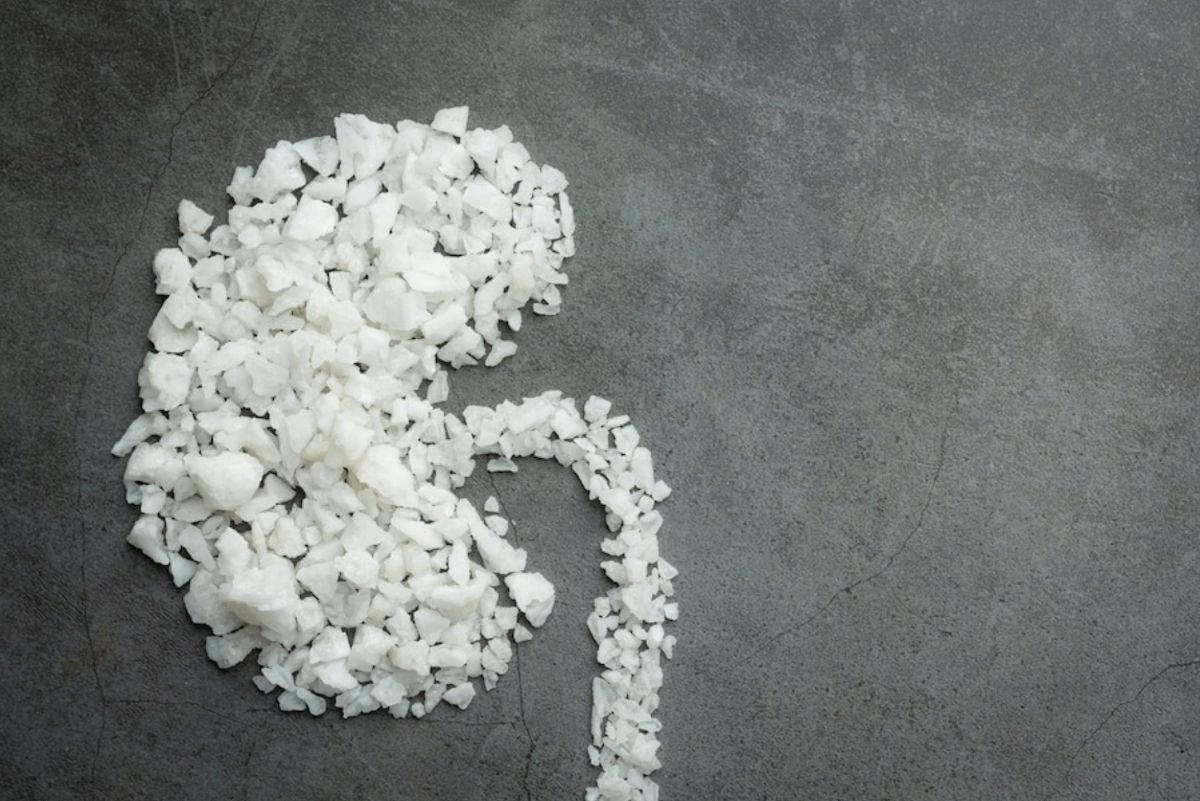The human body has two kidneys, which are mainly responsible for filtering the blood free from nitrogenous wastes which are metabolic products in the body such as urea, creatinine, acid etc. and produce urine. Kidneys maintain water balance in the body and regulate and produce many hormones important for blood pressure control, bone health and hemoglobin synthesis.Also Read – Kidney Failure: Symptoms, Causes, Treatment Options and How Yoga Can Help
Millions of people are living with various kidney diseases and most of them are not even aware of it. That’s why kidney disease is often referred to as the ‘silent killer’ because most people don’t notice a difference until the disease progresses. While people regularly check their blood pressure, sugar and cholesterol levels, they fail to get a simple creatinine test, to detect any undetected kidney problems in their blood.
There are numerous warning signs of kidney disorders, however, these are often overlooked or confused with alternative pathologies (due to their non-specific nature). While the only sure way to diagnose kidney disease is to perform confirmatory tests, here are some early warning signs of kidney disease.
10 Early Signs of Kidney Diseases You Shouldn’t Ignore
- Weakness or early fatigue is a universal symptom of kidney disease. As renal dysfunction progresses, this symptom becomes more and more pronounced. This is mostly due to the accumulation of toxins and impurities in the blood, which is caused by poor kidney function. It is overlooked and not fully investigated by most people.
- Decreased appetite A person’s appetite is suppressed secondary to the accumulation of toxins. Also, as kidney disease progresses, there is a change in taste, often described by patients as metallic, leading to poor appetite.
- Early Morning Nausea and Vomiting: Another early sign of worsening renal function is the presence of early morning nausea, which is often classically described as hitting when the person goes to the bathroom in the morning to brush his or her teeth. . It also contributes to a person’s poor appetite. In end-stage renal failure, the patient experiences multiple episodes of vomiting and complete loss of appetite.
- The presence of anemia without any apparent site of blood loss from the body is one of the common complications of kidney disease. The cause of anemia is multifactorial including low erythropoietin levels that are produced in the kidneys, low iron levels and the accumulation of toxins that suppress the bone marrow.
- Change in urinary frequency: One should be very careful about his urine output. For example, urine output may decrease, or you may feel the need to urinate more often, especially at night.
- Foamy urine or leakage of protein and blood in the urine: This occurs when the kidney’s filtering mechanism is or is being damaged, protein and blood cells start to leak out into the urine.
- Dry and itchy skin: As renal function declines, toxins tend to accumulate in the body leading to itchy, dry and smelly skin.
- Back pain or pain in the lower abdomen and the appearance of swelling on the ankles, feet or legs
- High blood pressure: A presenting sign of kidney disease can be high blood pressure. Anyone diagnosed with hypertension should have a detailed workup of renal functions and kidney imaging to rule out a renal etiology of hypertension. As kidney function deteriorates, sodium and water retention occurs, leading to high blood pressure. Symptoms of hypertension include headache, abdominal pain, blurred vision and possibly early symptoms of kidney disease.
- Periorbital edema or swelling around the eyes is one of the early signs of kidney disorders.
Recognition and awareness of warning signs and timely intervention can mean the difference between early detection and treatment of kidney disorders or kidney failure that can end in dialysis, kidney transplant or even death.
(With inputs from Dr. Anuja Porwal, Additional Director and Head Nephrology and Kidney Transplant
Fortis Hospital, Noida)
$(".cmntbox").toggle();
);
);
.
Source link
